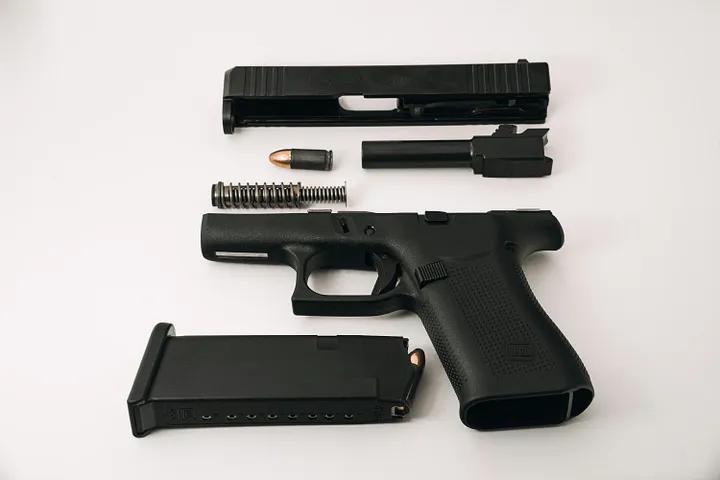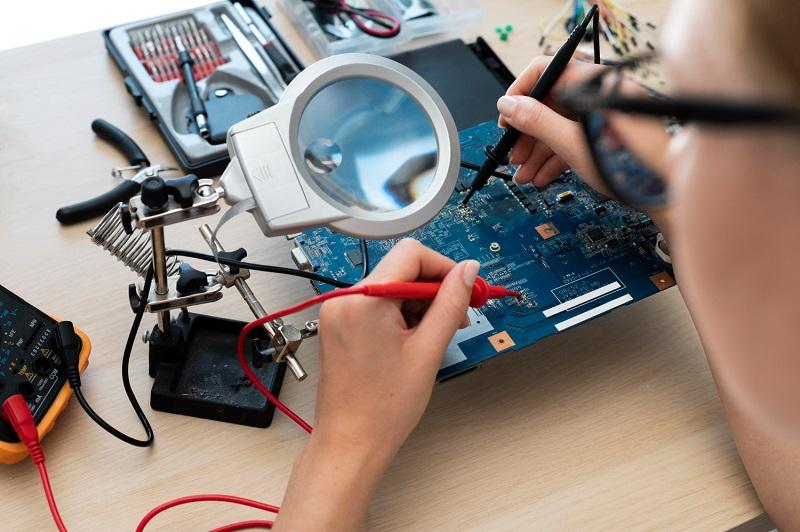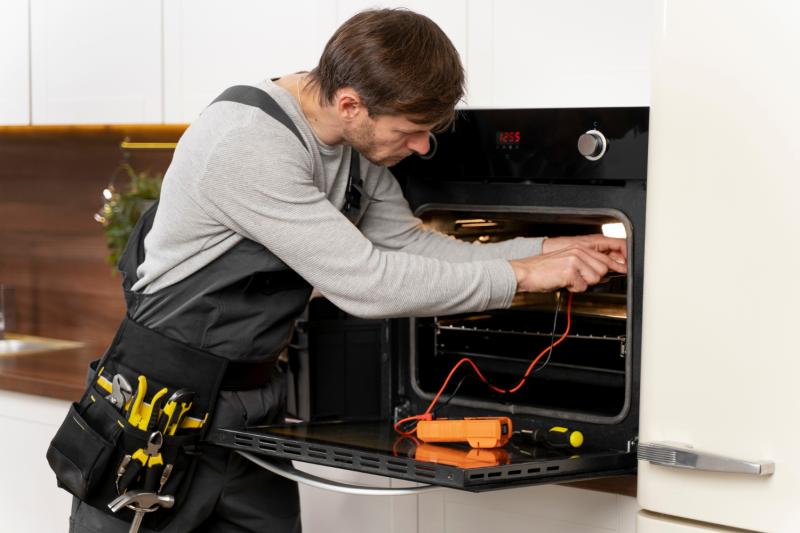Everything You Need to Know About Gun Springs

Gun springs are vital components in firearms. They ensure the smooth operation of various gun mechanisms. These springs come in different types, each with a unique function. Understanding gun springs is essential for firearm maintenance and performance. Gun springs are a crucial part of firearms. They ensure proper functioning. Their main job? Managing the tension in various gun parts. Without them, a firearm wouldn't operate correctly.
Types of Gun Springs
There are several types of gun springs. Each one has a specific role. The most common types include:
- Recoil Springs
- These are found in semi-automatic firearms. They help absorb the recoil. They also return the slide to its original position.
- Hammer Springs
- These springs are responsible for providing force. This force is needed to strike the firing pin. Hammer springs are also called mainsprings.
- Magazine Springs
- These are located in the magazine. They push the next round into the chamber. This ensures a smooth feeding process.
- Trigger Springs
- These springs manage the trigger's tension. They provide resistance when the trigger is pulled. This helps in controlling the firearm.
- Firing Pin Springs
- These springs help in retracting the firing pin. They prevent the firing pin from striking prematurely.
Importance of Gun Springs
Why are gun springs important? They play a vital role in safety. They ensure that the gun fires only when intended. Properly functioning springs can reduce the chances of accidental discharge.
Gun springs are essential for the proper functioning of firearms. They play a critical role in the operation of various gun mechanisms, ensuring the smooth cycling of the firearm. For example, recoil springs absorb the shock of firing, helping to control the recoil and return the gun to its ready position for the next shot. Hammer springs provide the force to strike the firing pin, igniting the cartridge's primer and firing the bullet. Additionally, magazine springs ensure the reliable feeding of ammunition, pushing each round up into the chamber for firing.
Without properly functioning springs, a firearm can malfunction, leading to misfires or accidental discharges, which can be dangerous. Regular maintenance and replacement of worn or damaged springs are vital for firearm safety and reliability. Gun springs are the unsung heroes of firearms, ensuring that they operate safely, accurately, and efficiently.
Maintaining Gun Springs
Regular maintenance is crucial. Here's how you can maintain your gun springs:
- Cleaning: Keep the springs clean. Dirt and debris can affect their performance.
- Lubrication: Apply a light coat of oil. This prevents rust and reduces friction.
- Inspection: Check the springs for wear and tear. Replace them if you notice any damage.
Choosing the Right Gun Springs
Selecting the right springs is essential. Here are some factors to consider:
- Compatibility: Ensure the spring is compatible with your firearm.
- Quality: Choose springs from reputable manufacturers. This ensures durability and reliability.
- Purpose: Different springs serve different purposes. Select the one that suits your needs.
Benefits of Upgrading Gun Springs
Upgrading your gun springs can have several benefits:
- Improved Performance: New springs can enhance the firearm's performance.
- Increased Reliability: High-quality springs reduce the chances of malfunction.
- Customization: You can customize the tension to your preference. This provides a more personalized shooting experience.
Conclusion
Gun springs are small but mighty. They are essential for firearms' proper functioning. Understanding their types and functions is crucial. Regular maintenance and proper selection can enhance your firearm's performance. Remember, a well-maintained gun is a safe gun.
More Related Articles on Gun Springs
Compression Springs: Complete Guide to Selection & Use









Comments